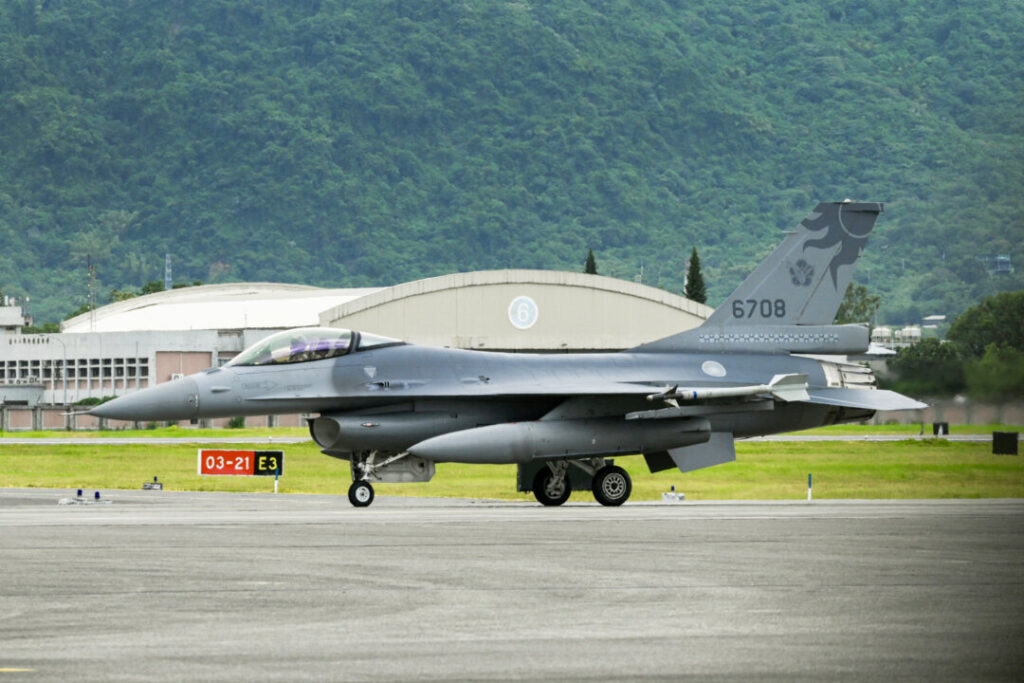In 2023, the US was the world’s largest importer of aircraft parts, making these products an importer worth $15.3 billion.
The May 9 notification calls stakeholders to submit information regarding aircraft and jet engine imports.
This includes views on current and projected demand for these products, the extent to which domestic production can meet demand, and the role of foreign supply chains in meeting our demand.
The notice seeks comment on the impact of foreign government subsidies and predatory trade practices on the competitiveness of the US aircraft and jet engine industries. It also aims to know the possibility that foreign countries may weaponize control over the supply of these items.
Comments must be received 21 days after the notification is published on the Federal Register. The notification will be officially made public on May 13th.
According to the Economic Complexity Data Platform Observatory, the US imported $15.3 billion worth of aircraft parts in 2023, and was the largest importer of these items that year.
Some of the major countries that supplied these parts are the UK, Canada, France, Japan and Mexico.
If the US relies on importing aircraft to adopt a hostile attitude, it can put the country in a harsh place.
The impact of customs duties
The investigation in Section 232 may not result in additional tariffs, but existing tariffs from the Trump administration may apply to these items.
“The decades of trade agreements have provided an aggressive trade balance of air for the past 40 years, enabling robust civil aviation and defence trade that has made aerospace and defense the largest export industry in America.”
“Canada and Mexico tariffs could change their positive trajectory. We hope to work with the Trump administration to find a way to protect this critical industry, a strategic asset for both the economy and national security.”
The Trump administration has levied a 145% tariff on Chinese products, with some items up to 245%. Beijing imposes a 125% tariff on American imports.
In an interview with the Epoch Times, Shen Mingsi, a researcher at the Taiwan Institute of Defense and Security, said that cancelling China’s Boeing delivery would not stab the US as much as Beijing would have expected.
“The global demand for the 737’s biggest remains strong, with production slots being sold out for years, but China accounts for only about 10% of Boeing’s commercial backlog,” he said. Boeing could potentially acquire new buyers for the returned jet.
Sean Tseng contributed to this report.



